Cultural Performances and Venues in Budapest
Budapest has this amazing cultural scene that we absolutely love exploring. You'll find everything from grand opera performances to cozy folk dance evenings where locals actually teach you traditional steps. The city really knows how to mix its rich Hungarian heritage with modern artistic expression, and we've spent countless evenings discovering new venues and performances.
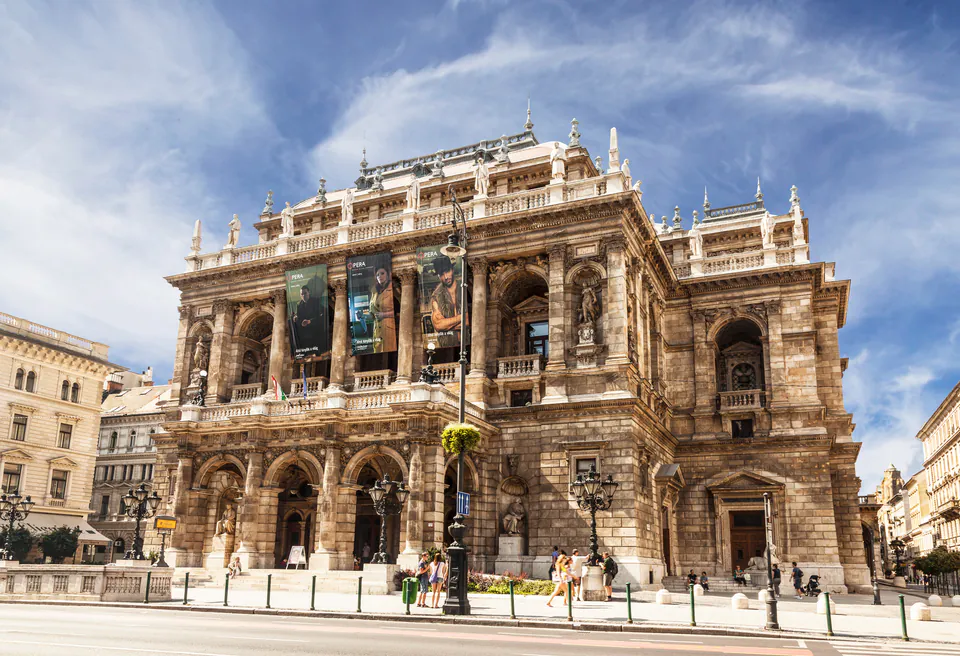
What makes Budapest special is how it sits right at this crossroads between Eastern European traditions and Western classical music. We've found that whether you're into emotional Hungarian folk songs, beautiful ballet, or experimental theater, there's always something happening that'll stick with you long after you leave the venue.
Opera and Classical Music Excellence
The Hungarian State Opera House is absolutely stunning and puts on incredible shows year-round. We always tell people to catch a performance here if they can. It's right on Andrássy Avenue, and the building itself is worth seeing even if you're not into opera. They run their main season from September through June, and you'll see both famous international artists and really talented Hungarian performers.
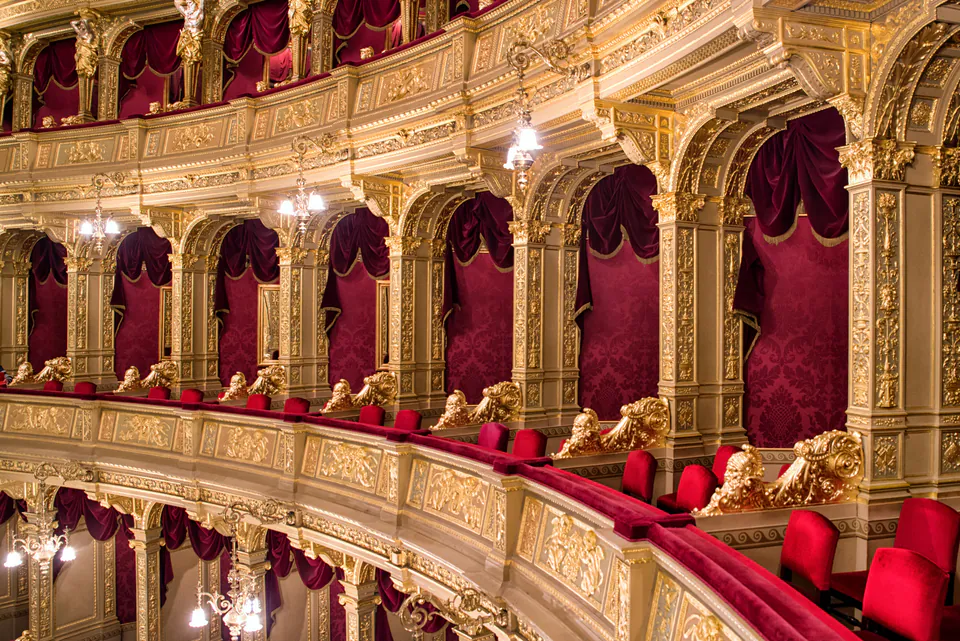
If you want something more modern, the Palace of Arts (Művészetek Palotája) is where we go for amazing orchestral concerts. The acoustics in the Béla Bartók National Concert Hall are just incredible. We've heard the Budapest Philharmonic there several times, and they also get some pretty famous international orchestras and solo artists.
The Academy of Music (Zeneakadémia) is this gorgeous Art Nouveau building that we discovered by accident one evening. It's much smaller and more intimate than the other venues, which makes concerts feel really special. You'll often hear students and professors performing alongside visiting musicians, and we've found some amazing new talent this way.
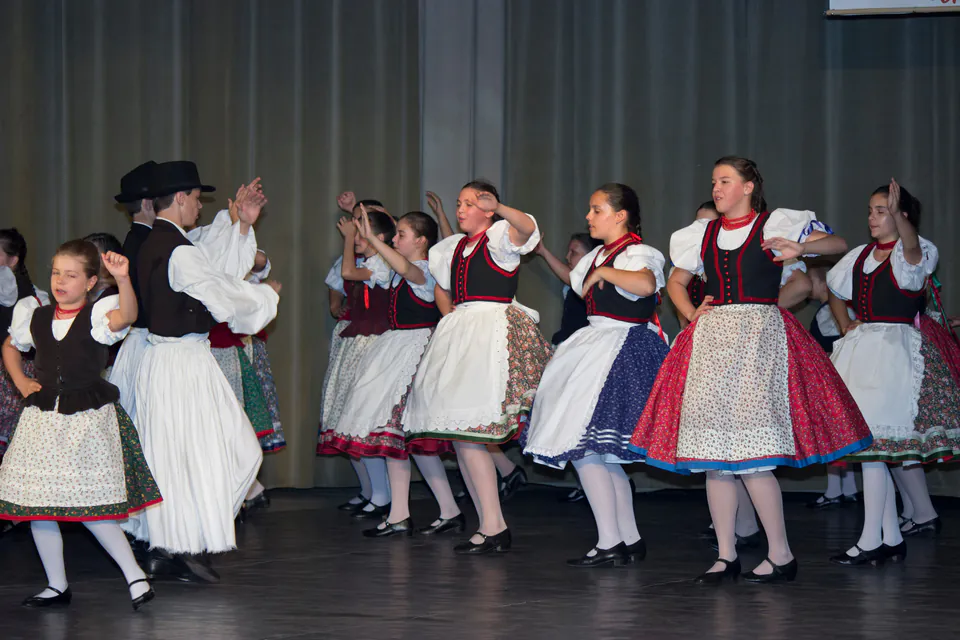
Folk Music and Traditional Performances
Hungarian folk music is something you really need to experience when you're here. The Hungarian Heritage House (Magyar Örökség Háza) is where we always send people who want the real deal. They have folk dance evenings and traditional music concerts that feel authentic, not touristy. These smaller gatherings let you really feel the emotion and stories behind the music.
Táncház (Dance House) events are pretty unique to Hungary, and we love how they work. Instead of just watching, you actually get to join in and learn traditional dances. We made the mistake of wearing fancy shoes to our first one and quickly learned that comfortable footwear is a must! Musicians play traditional instruments like the cimbalom and violin while teaching you steps that families have passed down for generations.
The Duna Palota puts on folk shows that are more polished and tourist-friendly. We've taken visiting friends there when they wanted to see Hungarian culture but weren't ready for the full táncház experience. They often include dinner, so you can try Hungarian food while watching the performances. The costumes are beautiful and the dancing is really energetic.
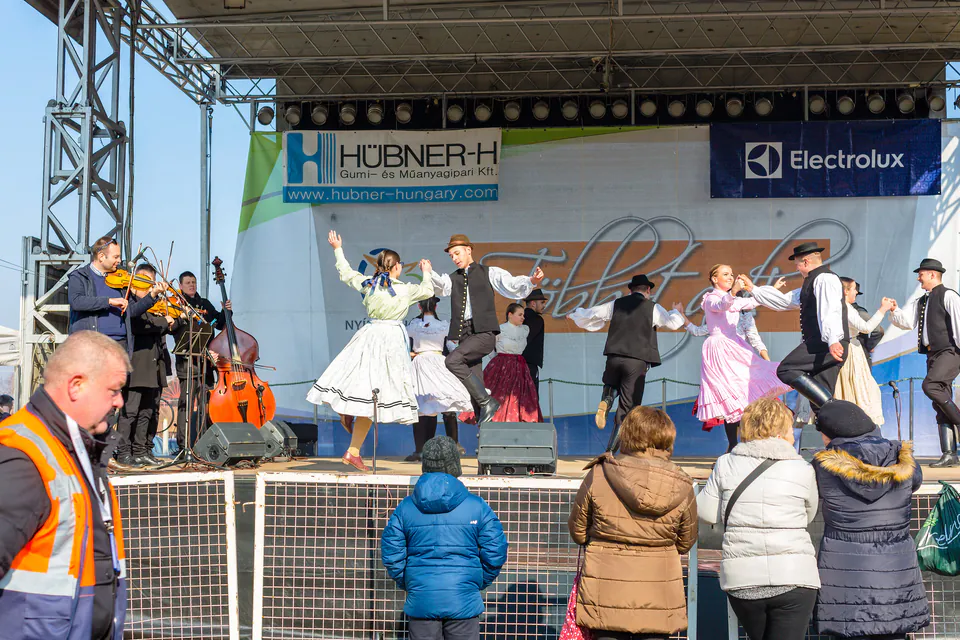
Theater and Contemporary Performance
Budapest has a really good theater scene, though we'll be honest that the language barrier can be tricky. The National Theatre (Nemzeti Színház) does classic Hungarian plays and some international stuff. They sometimes have English subtitles, but you need to check ahead because it's not always available.
The Vígszínház (Comedy Theatre) is great for lighter shows. We've been to several comedies and musicals there, and even when we couldn't understand every word, the physical comedy and music made it fun to watch. Hungarian humor is pretty universal once you get into it.
For something completely different, Trafó House of Contemporary Arts does experimental theater that's often really creative. We saw this amazing show there that mixed traditional theater with video art and dance. These productions often deal with modern social issues while still connecting to Hungarian culture.
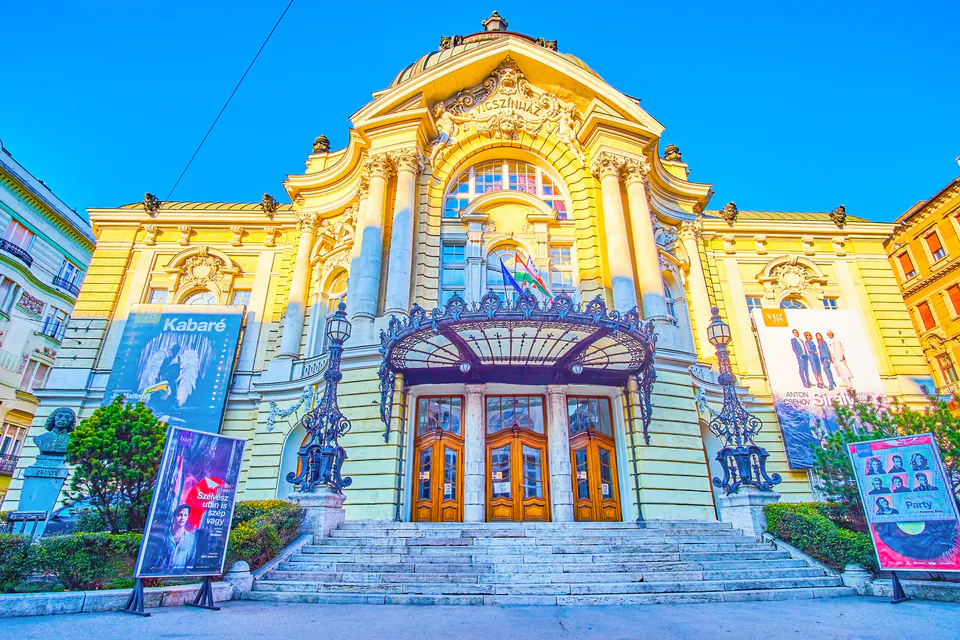
Seasonal Festivals and Special Events
The Budapest Spring Festival in March and April is when the city really comes alive culturally. We try to plan our visits around this time because there are hundreds of performances happening all over the city. You'll see amazing international artists alongside the best Hungarian performers doing everything from opera to jazz to folk music.
Sziget Festival is huge and mostly known for popular music, but it also has tons of cultural programming that people don't always know about. We discovered some incredible world music and folk performances there. It basically creates this temporary cultural city on an island, which is pretty cool.
Major Cultural Performance Venues in Budapest
| Venue | Specialty | Location | Season |
|---|---|---|---|
| Hungarian State Opera House | Opera, Ballet, Classical | Andrássy Avenue | September-June |
| Palace of Arts | Orchestral, Contemporary Classical | Pest Side | Year-round |
| Academy of Music | Chamber Music, Recitals | Liszt Ferenc tér | September-June |
| Hungarian Heritage House | Folk Music, Traditional Dance | Buda Side | Year-round |
| National Theatre | Drama, Hungarian Classics | Pest Side | September-June |
| Trafó House | Contemporary, Experimental | Pest Side | Year-round |
Winter is actually really magical here because of the Budapest Christmas Markets and all the cultural events that happen alongside them. We love the traditional carol concerts and seasonal theater productions. There's something special about experiencing Hungarian traditions during the holidays.
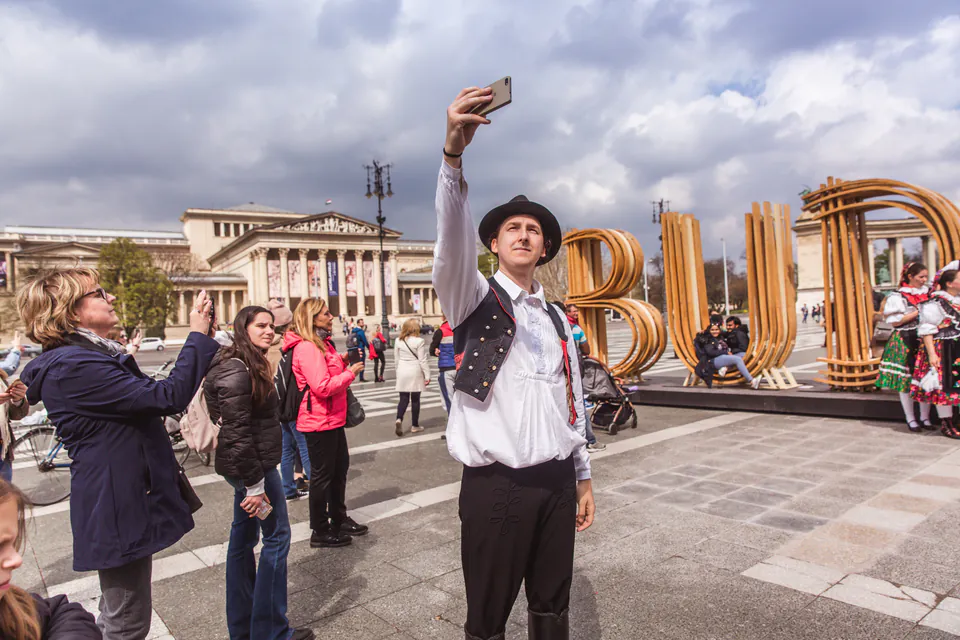
Practical Information for Cultural Enthusiasts
Buying tickets can be tricky if you don't plan ahead. We learned this the hard way when we tried to get last-minute opera tickets and everything good was sold out. Popular shows at the State Opera House and during festivals fill up weeks in advance. Most venues have English websites now, which makes booking much easier than it used to be.
Student and senior discounts are pretty common, and some places sell cheap last-minute tickets if you're willing to take a chance. We've gotten great deals this way, though you can't count on it for shows you really want to see.
Dress codes are all over the place. The State Opera House is pretty formal, so we always dress up for that. But folk music venues are super casual, and we've seen people in everything from jeans to traditional costumes. Contemporary theaters are usually somewhere in between.
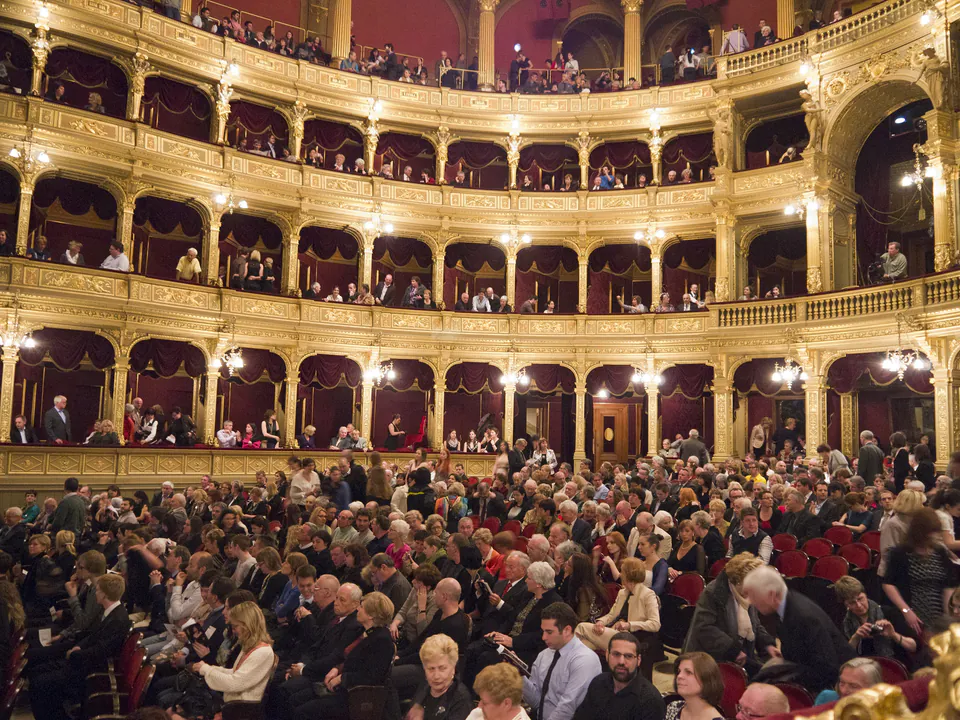
Don't worry too much about language barriers with musical performances. Music is pretty universal, and we've enjoyed plenty of shows where we didn't understand a word. For theater, it's trickier, but some venues provide translations or program notes in English.